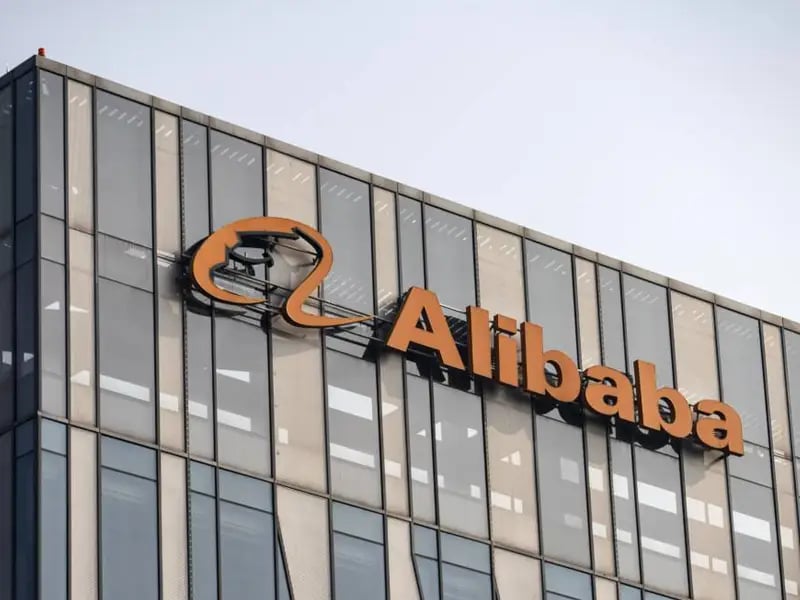Alibaba Shares Jump as Company Commits to Massive AI Spending
Alibaba’s stock swelled 9% in Hong Kong trading after CEO Eddie Wu pledged to increase the company’s already ambitious artificial intelligence budget.
The Chinese e-commerce leader had previously committed about $55 billion toward AI infrastructure over the next three years, and Wu said the firm would add further funding to keep pace with global rivals.
The announcement coincided with the launch of Alibaba’s largest and most advanced AI model, Qwen3-Max, unveiled at a company event in Hangzhou.
With more than 1 trillion parameters, the system is designed to handle increasingly complex workloads. Third-party benchmarks cited by the company suggested Qwen3-Max was better than competitors like Anthropic’s Claude and DeepSeek-V3.1 on key performance metrics.
Global competition in AI is heating up, with total investment expected to exceed $4 trillion over the next five years. Chinese players such as Tencent and JD.com have accelerated their spending, while US firms continue to pour capital into generative AI platforms.
What Does This Mean for Me?
For Alibaba, the stakes are high. Access to Nvidia’s high-end processors remains restricted, after Beijing’s regulator banned large tech firms from acquiring the US chipmaker’s products, including the H20 model designed specifically for China. Washington had only recently lifted its own export ban on the chip, imposed in April during a broader trade dispute.
Alibaba is now reportedly working on its own AI chip as it seeks to reduce reliance on US suppliers. The company’s latest moves signal its determination to position itself at the center of the global AI race, even as geopolitical headwinds persist.

More News

Market Roundup: What Happened Yesterday and What Awaits Us Today (February 20)

Market Roundup: What Happened Yesterday and What Awaits Us Today (February 19)

Market Roundup: What Happened Yesterday and What Awaits Us Today (February 19)

Market Roundup: What Happened Yesterday and What Awaits Us Today (February 18)

Market Summary: What Happened Yesterday and What Awaits Us Today (February 16)

Market Summary: What Happened Yesterday and What Awaits Us Today (February 13):

Market Summary: What Happened Yesterday and What Awaits Us Today (February 12)
